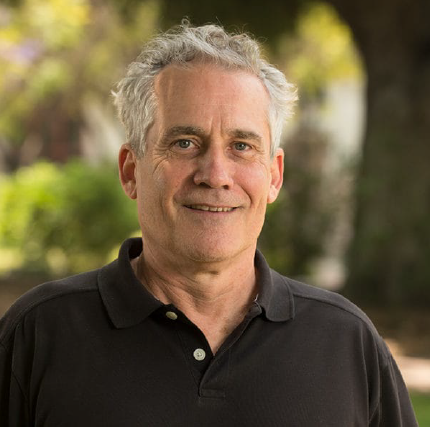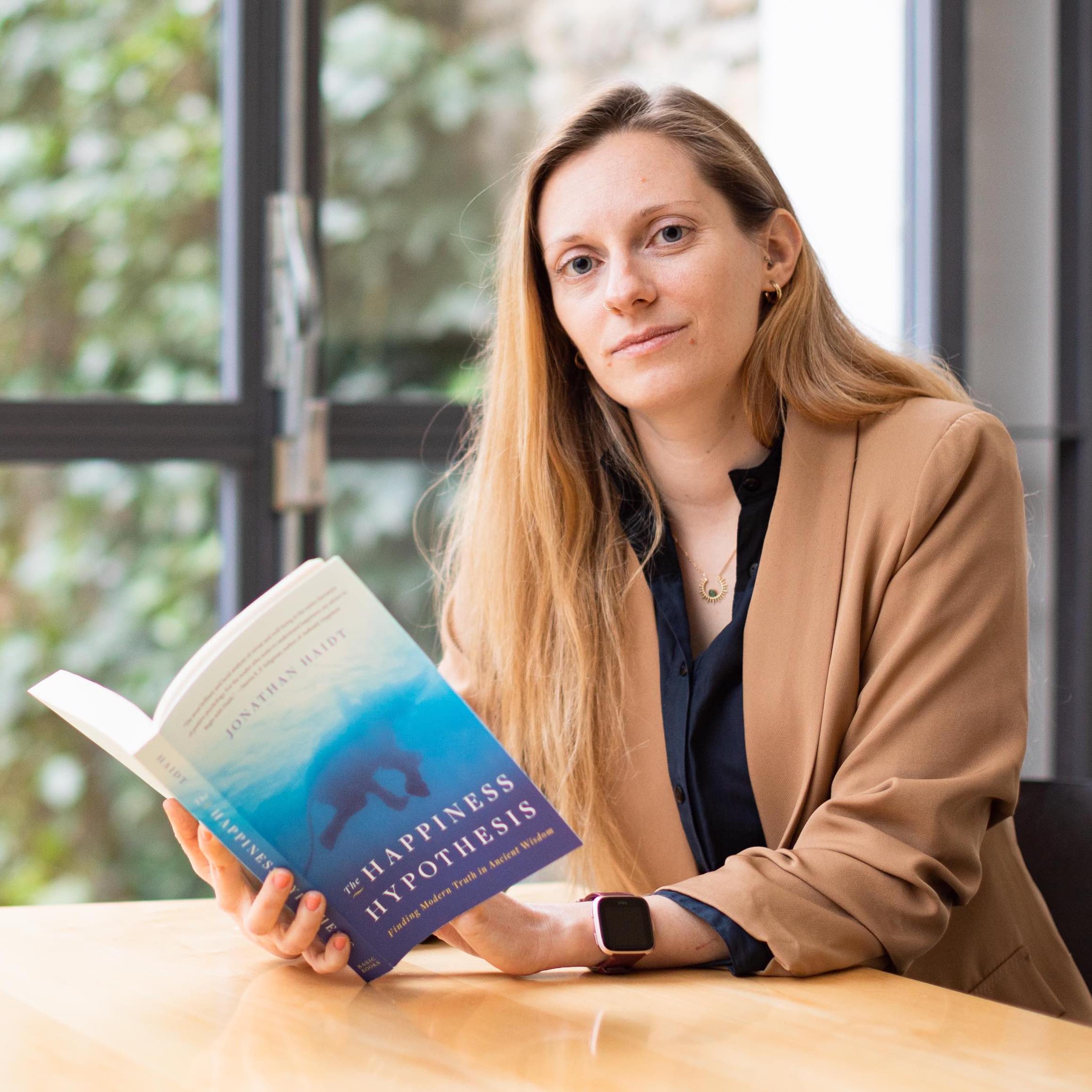Social Identity, Extremism, Uncertainty, and Change
Intergroup divisions rest on constantly shifting grounds as new issues, conflicts and aspirations become salient. We observe new alliances and new norms and values emerging in the context of these challenges. Amidst all this, space opens up for populist leaders, extreme influencers and misinformation to reshape intergroup boundaries and objectives. Social identity theory, originally formulated with a rather static view of group membership and identity as being linked to the salience of stable easily perceived group characteristics, has developed into a more sophisticated and nuanced framework that may help us to understand both how and why these changes arise. The objectives for this workstream are to consider some of the major social challenges and to ask how a social identity approach can best account for them and what new theoretical, methodological and empirical developments lie ahead.
We will consider questions such as:
- What is the role of social identity in either mitigating or following from subjective and collective uncertainty?
- How do extreme or counter-normative group members gain influence and manage to shift the norms of their groups?
- Are there particular icons, individuals or status markers that are fundamental to the subjective value of a group, and what happens if these are displaced or destroyed?
- What are the social identity-related psychological mechanisms of justification or objection that underpin people’s willingness to engage in actions for collective social change?
Workstream Leaders
Dominic Abrams

Director of the Centre for the Study of Group Processes and co-chief editor (with Michael Hogg) of Group Processes and Intergroup Relations. His research spans a wide array of intergroup and relationships, from stereotype threat to intergroup contact and from social influence to intergroup prosociality. His recent research and work with the British Academy and the Nuffield Foundation has focussed on the question of how societies remain cohesive and how they manage multidimensional intergroup conflict. A particular theme is the question of how people perceive and understand the actions of non-conforming group members, and the conditions under which this may consolidate or fragment a group (see subjective group dynamics theory and the developmental subjective group dynamics model).
Michael A. Hogg

Professor of social psychology and director of the Social Identity Lab at Claremont Graduate University. His research on intergroup relations, group processes, influence and leadership, and self and identity is associated with the development of social identity theory, including several books with Dominic Abrams, such as Social Identifications (1988). These, together with Turner at al.’s Self-Categorization Theory, set out the wider social identity approach for scholars and stimulated a now huge volume of research internationally. His current research focuses on identity-related influence and leadership processes in public and small group contexts; the role played by social identity in radicalization, populism, and social disintegration; and in translating self-uncertainty into orthodoxy, societal extremism, and intergroup conflict, communication, and intergroup relations.
Fanny Lalot

Senior researcher and group leader at the Centre for Social Psychology at the University of Basel, Switzerland. Her research covers a wide range of topics, including social influence and group processes, personality and perceptions of the future, and how much people care about and are motivated to act for the environment. Her current line of research, supported by an Ambizione grant from the Swiss National Science Foundation, focuses on trust—specifically, what happens when trust is betrayed (how it is built, lost, and restored). This work draws on political and social psychology and aims to deepen our understanding of the mechanisms underlying political trust, interpersonal trust, and trust in both ingroup and outgroup members.
